Are the glassware appear dull and cloudy regardless of how often you clean them?
The truth is that Drinking glasses that are cloudy are frequently a source of frustration. They are due to hard water or residue from dishwashers or even wear and tear that happens over time.
But there's more something good!
It's not necessary to be living with boring, lifeless glassware. In this article we'll guide you through easy and efficient methods to clean glassware and restore their shine.
Let's get started!
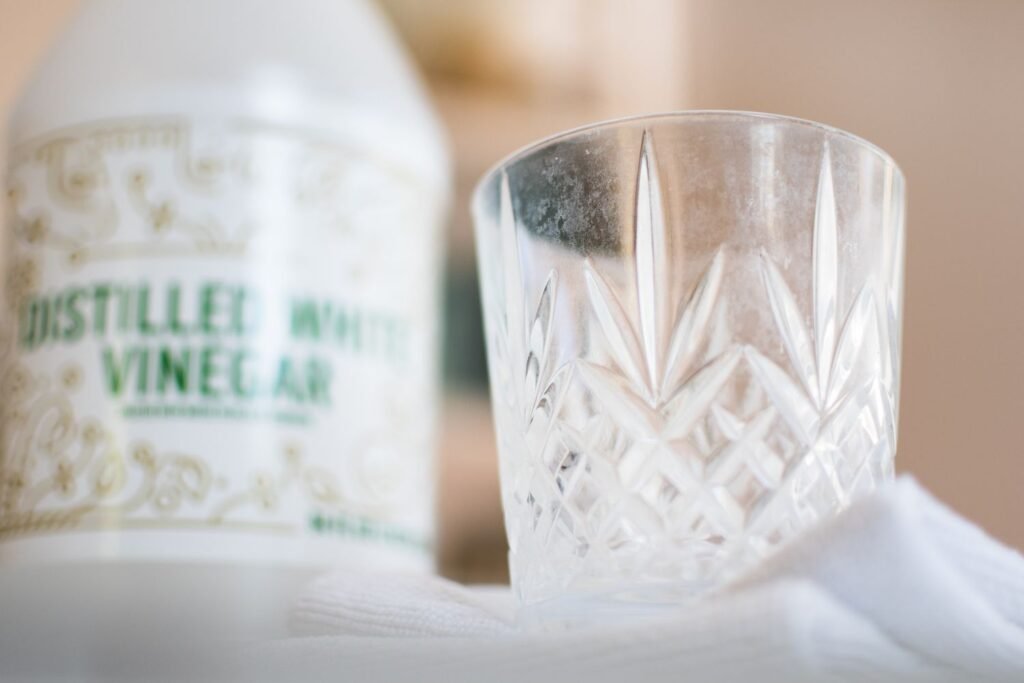
There's nothing more frustrating than taking your most loved glassware out of the cupboard only to discover it covered in an ugly cloud of dust.
What's the issue there?
Hard water is rich in minerals such as magnesium and calcium that leave a scuff mark that remains on glass surfaces. In time, this accumulated remains build up, resulting in the appearance of a cloud that you cannot ignore.
Dishwashers are a blessing or they can also be a curse. Unsuitable detergent or improper washing can leave behind soap scum and a residue that can contribute to the cloudiness issue.
There are many different types of cloudiness that are not to be the same. Calcium deposits can be removed however, glass scratches caused by corrosive soaps or excessive heat can cause permanent damage to the glassware's surface.
Let's summarize cloudy glasses are because of the hardness of water or dishwasher abuse and calcium build-up or even irreparable scratching. Finding out what's causing the problem will be the initial step to getting that crystal-clear shine back!
Are you ready to restore your glassware to its former glory? Here's how to tackle the issue head on and bring them back to their sparkling.
The truth is that White vinegar can be your most reliable all-rounder when it comes to getting rid of hard water stains and the residue.
Here's the way to go:
Fill the basin with equal parts of warm white vinegar and water.
Drinking glasses that are cloudy should be soaked for 15-30 mins.
Cleanse thoroughly and dry with a clean, lint-free cloth.
Why is it effective? Vinegar's acidity dissolves mineral deposits, but it does not damage the glass.
Are you struggling with stains that will not move?
Here's an idea:
Sprinkle baking soda onto an unsoaked sponge or a cloth.
Cleanse the areas gently with circular movements.
Rinse thoroughly with warm water, then dry promptly.
Fun fact: Baking soda's gentle abrasiveness assists in lifting stubborn residues without damaging the glass.
To get the best cloudy glass solution mix the power of baking soda and vinegar.
Here's how:
Make a paste with baking soda as well as a tiny volume of water.
Apply the paste on the areas of cloudiness.
Add a small amount of vinegar to the paste. Let the fizzing action release the accumulation.
Cleanse thoroughly, and look at your sparkling glassware!
The Pro Tip: This technique is great for glasses with permanent hard water stains as well as cloudsy patches.
Feeling overwhelmed by glassware that is cloudy? Do not worry, there's a solution for you! Take these tips to help make your drink glasses shine as new.
Before diving into the water, take a close look.
Why? The cloudiness can be permanent damage that has been caused by scratching. Place the glass open to the light source:
If the cloudiness appears to be an apparent surface residue, it's easily fixed.
If the glass appears rough or is covered with permanent marks, etching could be the cause.
Being aware of this in advance saves the time as well as effort.
After you've identified the problem It's time to put together your resources:
tools: A soft sponge cloth, microfiber, and an unabrasive brush.
Solutions Baking soda, white vinegar as well as the warm liquid (or an commercial glass cleaner, if you would prefer).
Pro tip: Choose natural cleaning products like baking soda and vinegar to avoid damaging chemicals.
Here's where magic is:
Soaking Soak your glasses with a mix of warm white vinegar and warm water (1:1 proportion) for 15-30 mins to release accumulated the deposits.
Scrubbing Utilize a sponge coated with baking soda to gently remove difficult spots. Beware of scrubbers that are abrasive and could cause scratches to the glass.
Cleanse well to eliminate all traces.
Are you still not seeing the results you want? Mix baking soda and vinegar to boost the fizzing action to eliminate difficult water spots.
Do not skip this step - it's the secret to clean glasses!
Cleanse each glass thoroughly using warm, clean water to get rid of any leftover cleaning solution.
Dry promptly using a microfiber cloth keep water spots from forming.
Pro suggestion: Avoid drying by air since it may result in streaks or a remnants. Instead applying a quick polish using an unlinty cloth will ensure an impeccable polish.
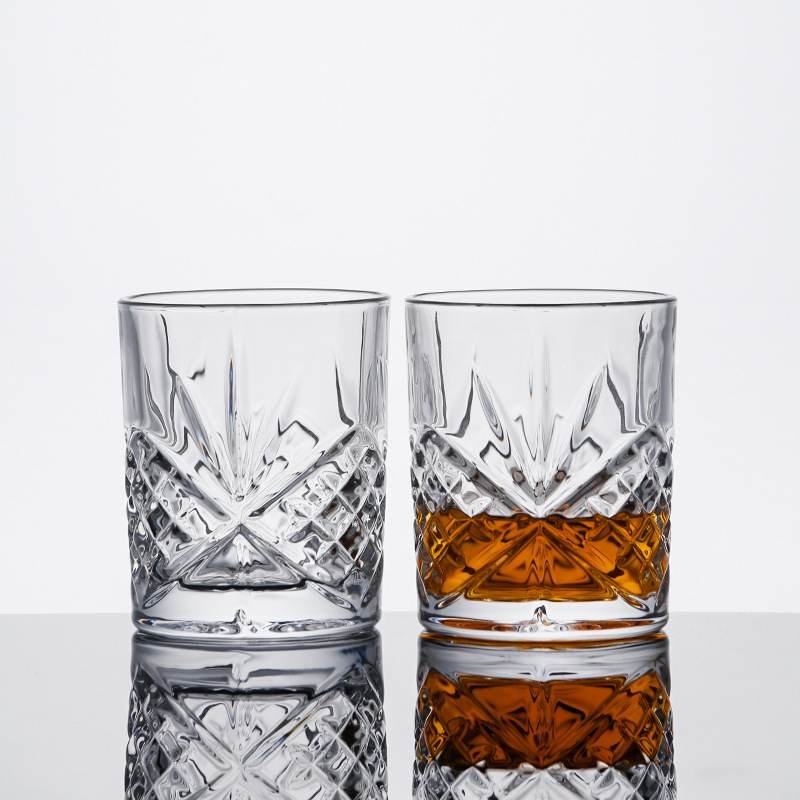
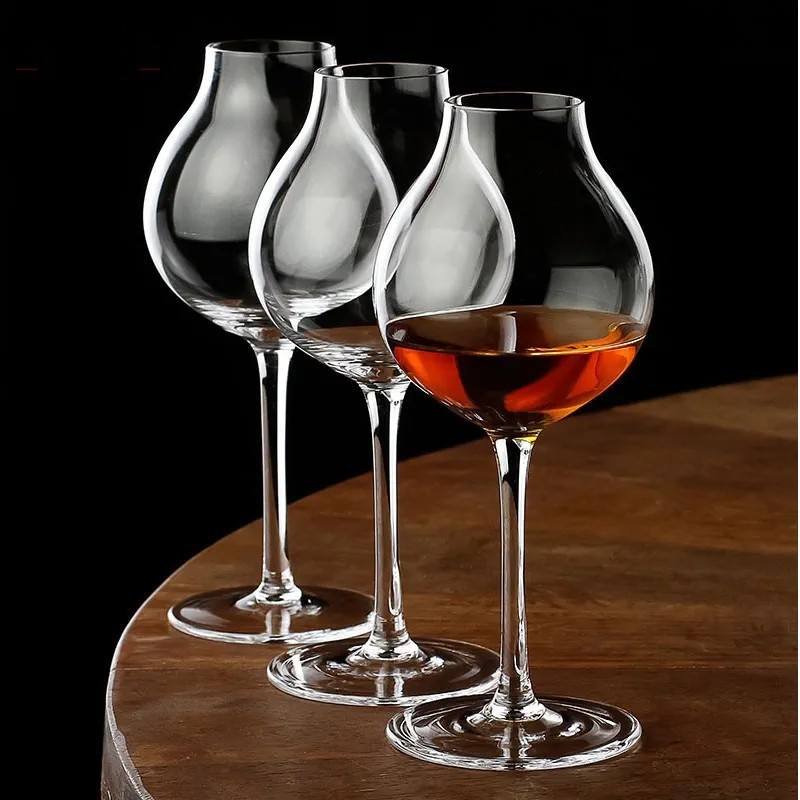
Hard water stains are hard to remove, but they're a challenge to the proper techniques and solutions for cleaning. Learn how to deal with them efficiently.
White vinegar is the most popular solution to dissolve mineral deposits:
Fill a bowl up with equal amounts of cold water and white vinegar.
Let the glassware soak for 15-30 mins to remove the stain.
Rub gently using a soft sponge, then rinse thoroughly.
Pro tip: To treat hard spots, dip a toothbrush into vinegar and scrub the areas affected.
The lemon juice doesn't only serve for tea. It's also a fantastic natural cleanser!
Cut the lemon in half, then apply it directly on the areas that are stained.
Let the juice rest for 5-10 minutes, allowing it to reduce the buildup.
Rinse the area with warm water, then dry promptly to get a streak-free, smooth finish.
Bonus tip: Mix lemon juice and a small amount of baking soda for extra cleaning power.
If the natural remedies aren't doing the trick, consider these solutions:
Commercial Hard Water Stain Removers: Specifically designed for difficult staining. Always follow the instructions of the product.
Magic Erasers Rub the glass to get rid of the stubborn spots without scratching.
Distilled White Vinegar and Salt Paste: Mix vinegar and salt to form an emulsion and apply it on areas that are stained. Rinse thoroughly and dry.
Pro tip: Always test the latest solutions in a small, unnoticed area to make sure they won't cause damage to the glassware you use.
Are you tired of having to deal with glasses that are cloudy? The best option is to avoid it! These helpful tips will keep your glassware crystal clear.
Handwashing Tips:
Use soapy, warm water along with a sponge wash your glasses.
Rinse thoroughly, then dry using a microfiber towel to prevent water spots.
Dishwashing Tips:
Securely place glasses to stop the glasses from colliding with one another.
Use a dishwashing detergent specifically designed specifically for glassware. Make sure you follow the correct rinse cycles.
Pro tip: Avoid high-heat drying cycles in dishwashers to minimize the chance of scratching.
Making sure your dishwasher is clean and in good order It is key in avoiding glasses that are cloudy.
A rinse aid reduces the appearance of the appearance of water spots through promoting rapid drying.
Check that the dishwasher's rinse aid is always stocked for best outcomes.
Clean the dishwasher filter, then cleanse it thoroughly every couple of weeks to avoid buildup.
Examine for food particles as well as other debris that could impact performance.
Pro tip: Fill an empty cycle of your dishwasher with vinegar each month to keep it spotless and free of any residue.
soft Water: Gentler on glassware, lessening the chance for mineral deposits as well as the resulting residue.
HD Water: High in magnesium and calcium, leading to a cloudy buildup in time.
Install an water softener if reside in a hard-water region to safeguard your glassware and decrease maintenance.
Pro tip When a water softener isn't available you can use distilled water to rinse fragile glassware.
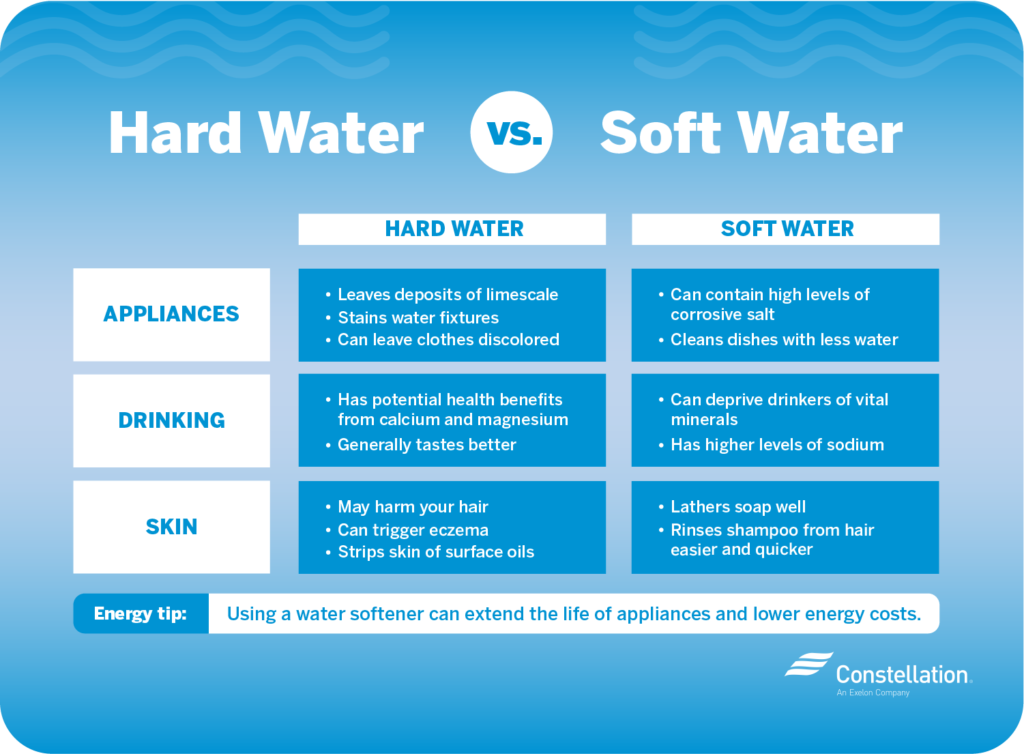
All glassware is not made equal. Certain products require special care to keep their clarity and protect against damage.
Wine glasses are particularly susceptible to cloudiness because of their frequent use and fragile nature.
Here's how you can get them clean:
Handwashing Only. Do not wash dishes to avoid a build-up of residue and possible breakage.
Use a gentle remedy: Mix warm water with a few drops of white vinegar to create an easy cleaning bath.
Soak and swirl: Soak the glasses for 10 to 15 minutes and then gently swirl them around to release any debris.
Rinse and dry: Rinse thoroughly with warm water. Dry quickly using a clean, lint-free cloth keep streaks from appearing.
The best tip is to always keep wine glasses with the stem when cleaning them to ease the pressure on the bowl.
Glassware that is fragile, such as the heirlooms or other pieces of specialty requires extra care to avoid scratches or etching.
Follow these steps to ensure proper maintenance:
Utilize Lukewarm Water: Avoid extreme temperatures that could strain the glass.
Select non-abrasive tools Use gentle sponges and microfiber fabrics to avoid scratching.
Avoid harsh chemicals: Skip strong detergents and go for more natural options such as baking soda or light dish soap.
Air Dry with care: Place delicate items upside down on a clean, soft cloth to air dry naturally.
Pro tip: For objects with intricate designs, make use of the small, soft-bristled bristle to gently clean areas that are difficult to reach.
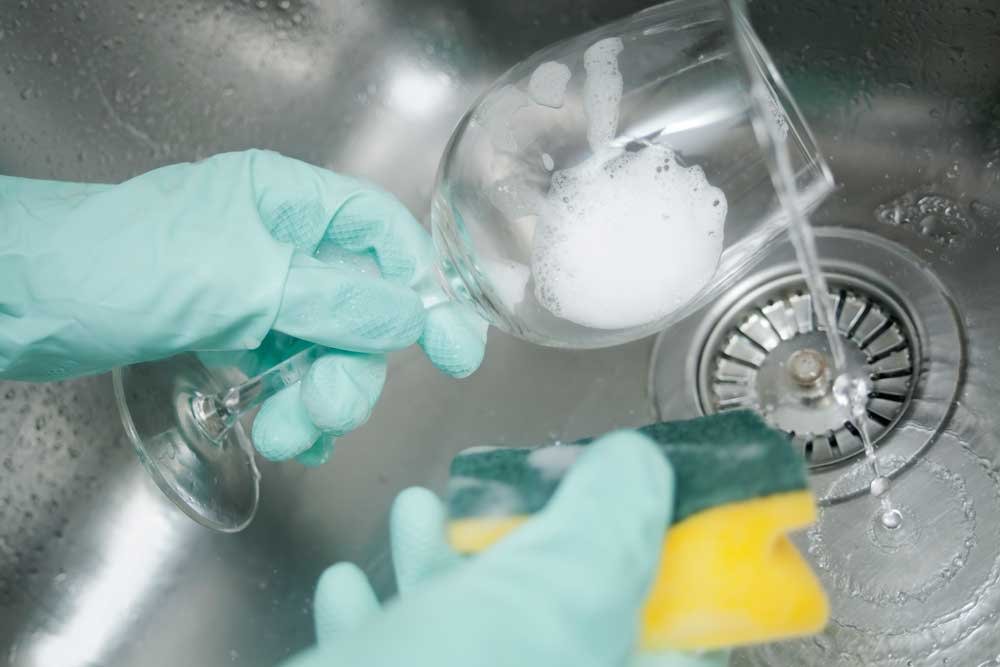
Utilizing these specific techniques, your exclusive glassware will be crystal clear and free of damage for many long time to be!
Have you tried everything, but your glassware remains cloudy? Perhaps it's an appropriate time to investigate the problem.
The etching of glass is one typical but irreparable form of damage caused by
Harsh Detergents The strong chemicals may cause rust on the glass surface in time.
Excessive heat: Prolonged exposure to extreme temperatures in dishwashers can accelerate the process of etching.
What can you tell if it's an etching
Move your fingers across the areas of cloudiness. If the glass appears smooth, but the haze isn't coming off, it's probably to be etched.
In the end, once etching taken place, the damage is permanent and cleaning techniques aren't able to restore clarity.
Although etching can't be completely erased, some techniques could enhance the appearance:
Polishing Compounds Specific glass polishes and cerium oxide may reduce the opacity of etching.
Professional Restoration If you are looking for sentimental or valuable items, talk to an glass restoration expert.
DIY Solutions: Try buffing the glass gently using an unabrasive polishing cloth as well as some mild abrasive paste.
Pro tip Test the area in a small amount before attempting to make sure the procedure does not cause more damage.
If restoration and cleaning methods fail, it may be time to put it down. You should consider replacing your glassware if:
The etching is very detrimental to its appearance.
The structural integrity has been compromised (e.g. chips, chips or fractures).
The restoration cost is more than that of value for the glasses.
Pro tip: Buy top-quality glassware and adhere to prevention techniques to prevent further cloudiness or etching.
Sometimes, knowing when you need to change glassware is the best way to make sure your collection stays crystal clean and stylish!
In the case of cleaning your glassware There's a chance that not everything you've heard about it is actually true. Let's look at some common misconceptions and get the facts straight.
It may seem sensible to work harder for the most stubborn spots However, here's the reality:
Abrasive instruments like steel wool or rough scrubbers may leave scratches upon the glass surface, which makes it more prone to further scratching.
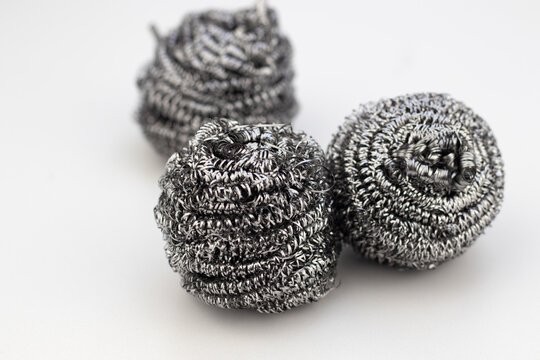
As time passes, the scratches may trap the residue of previous scratchings which can cause cloudiness that lasts for a long time.
The best option? Make use of a soft sponge or microfiber cloth, paired with mild cleaning solutions such as baking soda or vinegar.
Although dishwashers are handy but they're not foolproof for glassware:
The hard water and detergent for dishwasher residues may leave cloudy streaks or flecks.
The extreme temperatures and harsh detergents can result in etching over time.
Tips: Wash fragile or expensive glassware, and ensure that your dishwasher is kept clean by using an uncluttered filter and a proper rinse aid.
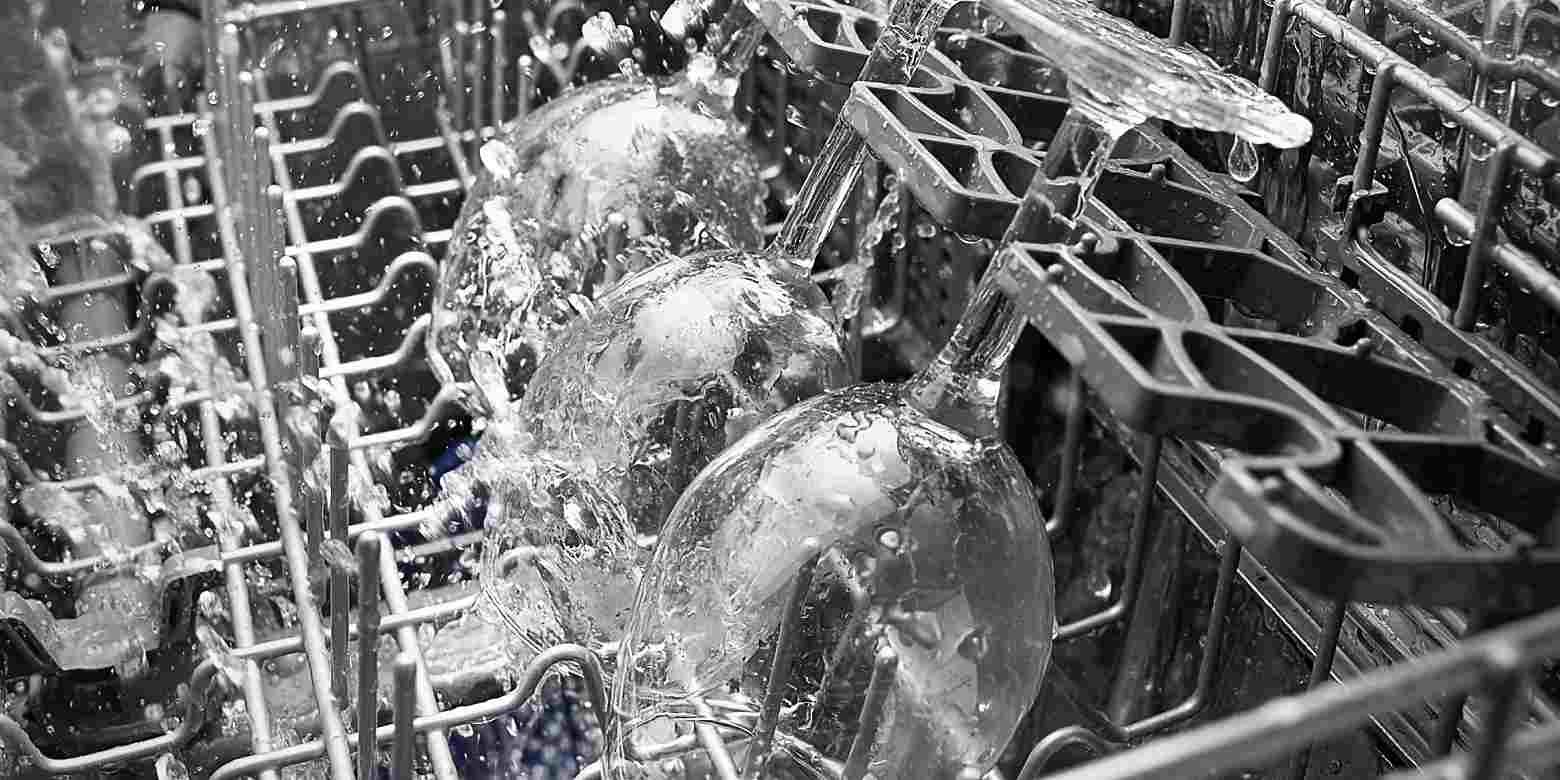
Some products that are labeled as glass can be used with fragile drinking glasses:
Certain commercial cleaners are made with harsh chemicals that could cause etching, or leave behind a trace.
The strong solutions can also harm coatings or decorations on special glassware.
Use natural cleaning products such as white vinegar and baking soda. Also, examine the label to confirm that the they are designed specifically to be safe for glass cleaning.
Beware of these myths to help to maintain crystal-clear, flawless glassware for a long time to the future!
Cleaning your glasses isn't a hassle. If you follow the right guidelines you will keep your glasses sparkling and in perfect condition for years to come.
Clean immediately after use: Prevent stains and residue from forming by washing glasses immediately after use.
Use warm Water and mild detergent: Avoid hot water or harsh soaps that could harm glass surfaces. glass surface.
Rinse thoroughly: Make sure all soap and cleaning agents are thoroughly removed to prevent streaks and film.
Dry as soon as possible: Use a lint-free or microfiber cloth to dry glasses. This will reduce the possibility of getting water spots.
Pro tip: hold glasses with the stem or base to prevent fingerprints from forming that may be left on your drinking surfaces.
Organic and sustainable cleaning solutions are effective and safe for glassware
Vinegar and Baking Soda Paste:
Mix baking soda and the vinegar in a small amount to create the consistency of a paste.
Make use of it to remove the stubborn stains with ease.
Lemon and Salt Scrub:
Mix lemon juice and salt to make natural abrasives.
Apply the paste to hard-to-reach spots and then rinse thoroughly.
Distilled Water Rinse:
Make use of distilled water as an end-of-rinse to stop mineral deposits from developing.
Pro tip: Always try homemade solutions in a small space first, especially when it comes to glassware that is decorative or special.
The proper storage of your glassware will extend the life of your glassware:
Avoid stacking: Always store glasses in a single, upright position to prevent scratching and chipping.
Use shelf liners: Soft liners can help protect glass bases from scratching and also keep them solid.
Maintain a dust-free Area: Store glasses in a cabinet that has doors to shield them from grime and dust.
Storage for Seasonal Use: For rarely used glasses Wrap them in tissue paper or soft cloth to avoid damage.
Reverse your glasses to ensure uniform use, and reduce the wear and tear of particular things.
With these easy cleaning tricks with eco-friendly recipes and smart storage techniques the glassware you have will be as stylish and practical like the day you purchased it!
Cleansing, maintaining and cleaning glasses needn't be a burden. Here's the key lesson:
Find the Issue: Start by determining whether the problem is caused by hard water stains or residues, or an etching process that is causing the cloudiness.
Utilize the Correct Methods: From white vinegar soaks to gentle scrubbing using baking soda There's a solution to any kind of stain.
Avoid future issues: Regular dishwasher maintenance and proper drying techniques and carefully stored dishes ensure that your glasses remain sparkling for a long time.
Keep in mind that crystal clear and flawless glasses are just two easy steps away! With regular care and a bit of exertion, you'll not need to be concerned about cloudy or dull glasses ever again.
Are you searching for premium glassware made to last? Browse our collection here at Rowell Glassware as well. enhance your table setting with durable stylish designs. Visit us today and discover the ideal set!